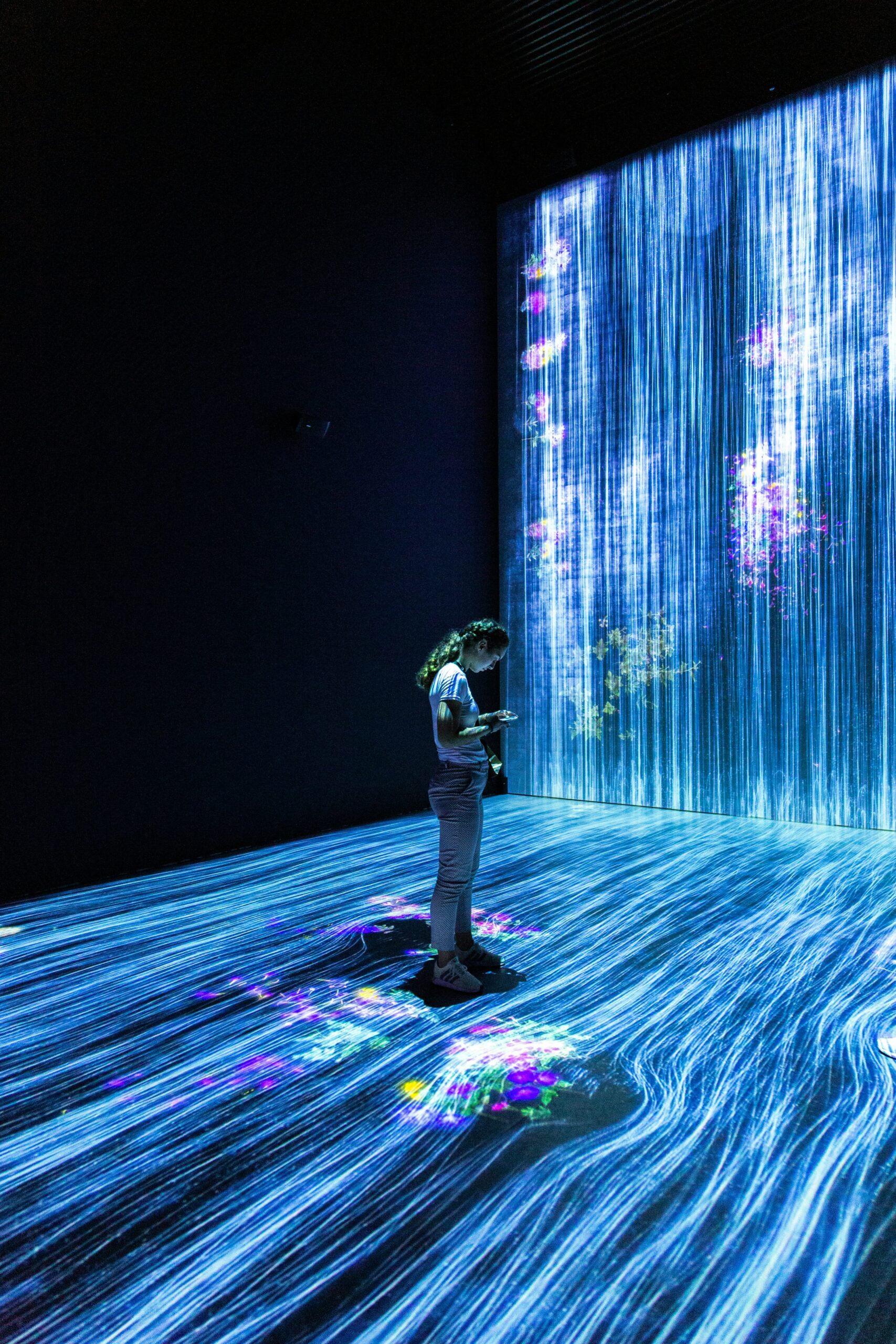
Photo by <a href="https://unsplash.com/@dissii" rel="nofollow">Mahdis Mousavi</a> on <a href="https://unsplash.com/?utm_source=hostinger&utm_medium=referral" rel="nofollow">Unsplash</a>
In today’s digital age, personalization has become a key factor in enhancing user experiences. From tailored product recommendations to customized content, users now expect a personalized touch in their interactions with technology. This is where machine learning comes into play, revolutionizing the way companies deliver personalized experiences to their users.
Machine learning is a subset of artificial intelligence that allows computers to learn and make predictions or decisions without being explicitly programmed. It involves the development of algorithms that can automatically learn and improve from data, enabling computers to analyze patterns, make predictions, and adapt to user preferences.
One of the most significant applications of machine learning in personalizing user experiences is in recommendation systems. These systems analyze user behavior, preferences, and historical data to provide personalized recommendations. Whether it’s suggesting movies on a streaming platform or products on an e-commerce website, machine learning algorithms can analyze vast amounts of data to understand user preferences and make accurate recommendations.
For example, Netflix uses machine learning algorithms to analyze user viewing patterns and preferences. By understanding what users watch, how long they watch, and what genres they prefer, Netflix can provide personalized recommendations tailored to each user’s taste. This not only enhances the user experience but also helps in customer retention and increasing engagement.
Another area where machine learning plays a crucial role in personalization is in content curation. With the abundance of information available online, users often feel overwhelmed and struggle to find relevant content. Machine learning algorithms can analyze user behavior, interests, and social interactions to curate personalized content recommendations.
Social media platforms like Facebook and Instagram use machine learning to personalize users’ news feeds. By analyzing user interactions, interests, and past behavior, these platforms can prioritize content that is most likely to be relevant and interesting to each user. This ensures that users are presented with content that aligns with their preferences, increasing engagement and user satisfaction.
Machine learning also enables personalization in customer service. Chatbots powered by machine learning algorithms can understand and respond to user queries in a personalized manner. By analyzing past interactions and user data, chatbots can provide tailored recommendations and solutions, improving the overall customer experience.
Furthermore, machine learning can be used to personalize user interfaces. By analyzing user behavior and preferences, interfaces can be customized to suit individual users’ needs. This includes elements such as layout, color schemes, and font sizes. Personalized interfaces not only enhance the user experience but also improve usability and accessibility for individuals with specific needs or preferences.
In conclusion, machine learning plays a pivotal role in personalizing user experiences across various industries. From recommendation systems to content curation and customer service, machine learning algorithms analyze vast amounts of data to understand user preferences and deliver personalized experiences. As technology continues to advance, the role of machine learning in personalization is only expected to grow, providing users with more tailored and engaging experiences.

